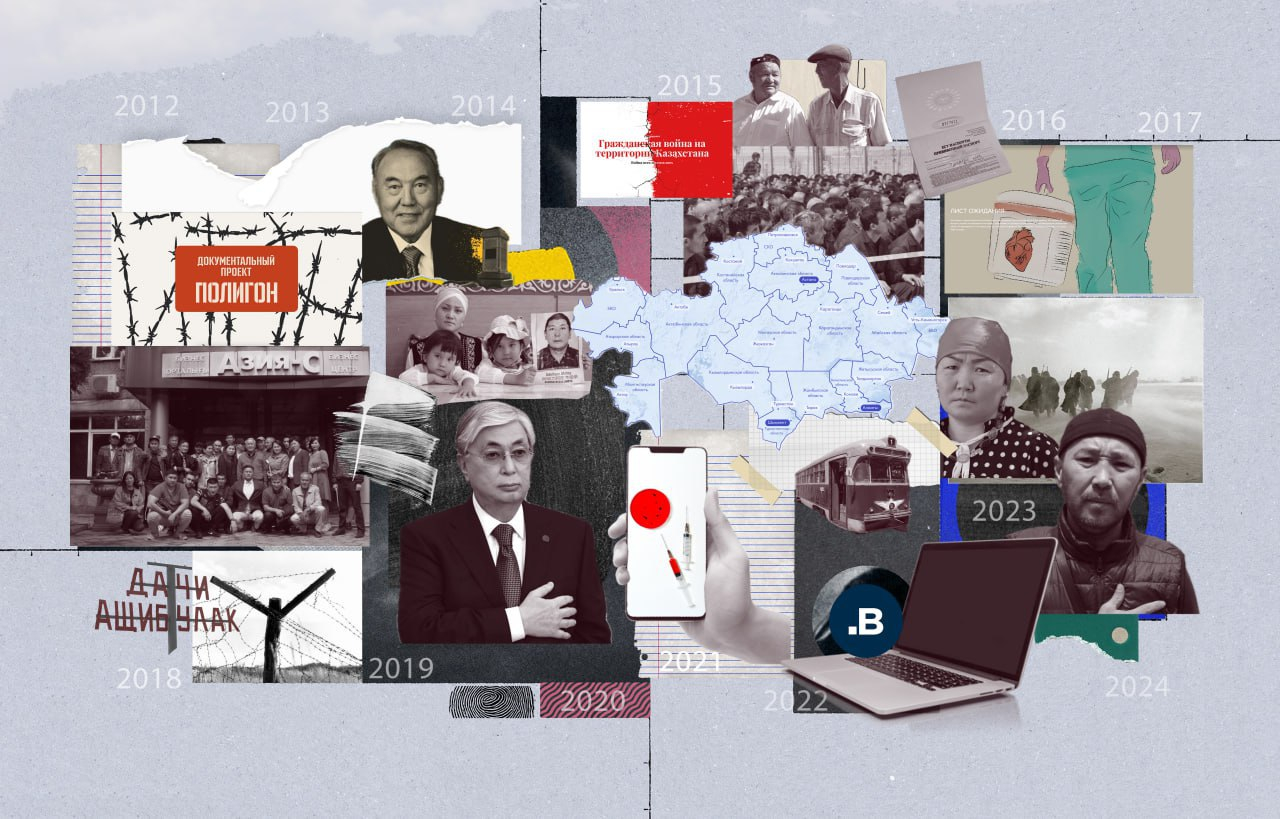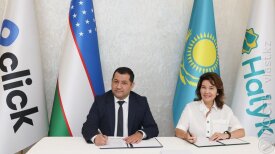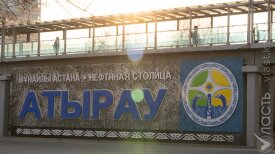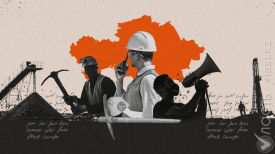- ВКонтакте
- РћРТвЂВВВВВВВВнокласснРСвЂВВВВВВВВРєРСвЂВВВВВВВВ
Our history begins 12 years ago. We were never a big media outlet with a multimillion audience, we never had deep pockets, but we have always been honest with readers. We write about what we consider important, even if it challenges the government’s information policy.
Осы мақаланың қазақша нұсқасын оқыңыз.
Читайте этот материал на русском.
It was a difficult but interesting 12 years. We were blocked, we almost shut down in 2016, when you, our readers, saved us. As we were looking for new formats for development, we held offline events and festivals, but all this was stopped by the COVID-19 pandemic and then we found ourselves on the brink of survival, again. But now, in 2024, we continue to work. This is surprising in itself, considering how many media outlets that started with us have already closed.
It is difficult not to take money from the state, but we refused to participate in the system of government tenders in 2015 and have not regretted it since. We openly say that we receive support from international donors. Thanks to this we are able to continue our work in tough times and conditions. At the same time, the interests of readers and society have always been and remain the main focus in our editorial policy.
Going forward, we will continue to do what we have been doing all these 12 years. We will talk about what you will not read about in other media: about protests, trials, Qandy Qantar and its victims, about torture. We will continue to ask uncomfortable questions, analyze controversial government decisions, and chronicle how the country and people are changing. We will continue to work on investigations: Together with OCCRP, an international organization of investigative journalists, and independently, we will continue to report on what is happening in the regions. We will do this because that is the job of journalists.
Over 12 years, we have published around 60,000 thousand texts (news, long reads, photo reports, videos, tests, and much more) and completed several projects. Let us revisit some of them in this letter and once again remind everyone of the importance of supporting independent journalism.
“Polygon”: This was a special project and documentary film about the Semipalatinsk nuclear test site. It was made with the help of our readers: we managed to collect enough donations just days after announcing the crowdfunding campaign.
An investigation into how former President Nursultan Nazarbayev manages billions of dollars in assets through a network of funds that report only to him. Among the assets: Banks, hotels, TV channels, and an airplane worth $100 million [in English at OCCRP].
An investigation into the assets of the family of the current president of Kazakhstan, Kassym-Jomart Tokayev: Apartments in lakeside townhouses in Geneva, apartments in Moscow, a Swiss bank account, and a money trail that leads to offshore companies [in English at OCCRP].
Several pieces about the victims of torture during Qandy Qantar (Kazakh for ‘Bloody January’, the violent repression of urban protests in 2022) and their demands for a fair investigation.
A massive project about life in the regions. We went to places far away and far behind (in terms of money and opportunities) the two largest cities to find out what people dream about, what they refuse to put up with, and why they love their home.
A series of articles about Qandas, people who returned to Kazakhstan, about how they are trying to find their place in their newly found homeland.
The tragedy of Kazakhs who went through re-education camps in Xinjiang.
We actively covered the importance of vaccination and how we find ourselves on the verge of constant outbreaks of diseases that were defeated long ago. We are trying to fill the information gap about vaccines.
The special project “With the Order to Clean Up” is dedicated to KarLag, the Soviet-era prison camp through which about a million people passed. We show how the camp was set up, the economics of hunger and repression, and what schoolchildren are now taught about this period.
“Waiting List” is a project about organ transplantation in Kazakhstan, about why it is not yet developed, pushing people to seek help in clinics in other countries.
In 2018, for the centenary of the beginning of the Civil War, we published a special project dedicated to those events. We remembered the beginning of the First World War, the preconditions of the revolution, and what happened on the territory of today’s Kazakhstan from 1918 to 1922.
All these years we have been constantly writing about urban issues in the “Habitat” section. The material “We saw the last tram leaving” is one of the most heartfelt pieces, about the employees of the tram depot and their memories of this type of transport, which no longer exists in Almaty.
On 23 May 2003, a strong earthquake occurred in the Zhambyl region. In this long read we explored how, 15 years later, people live in the village affected by the disaster.
We could go on… Over 12 years each of us has a folder full of favorite reads. We hope that you have them too. By reading us, you support us and help us improve.
With this letter we not only wanted to remind you of our 12th birthday, but again of the importance of supporting free, independent media. It is thanks to readers like you and their constant donations that we can withstand the rainy days and do more. We promised this when we first launched our donations box and we think we managed to prove that this is true.
If you have already set up regular donations to us, thank you! If you want to support us with a one-time donation, thank you! If you are willing to tell your friends about us and share this letter, you will help us again. Thanks for this!
Thank you for being with us all these years! This makes us realize that we are not alone. Working for you, our readers, keeps us going. We really look forward to celebrating the next birthday with you.
Поддержите журналистику, которой доверяют.








